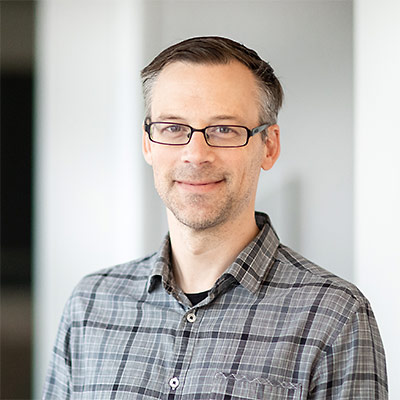USC Shoah Foundation —The Institute for Visual History and Education (USC Shoah Foundation) and Fox Searchlight Pictures today announced a partnership to develop classroom curriculum tied to JOJO RABBIT, Taika Waititi’s heartfelt World War II anti-hate satire.
Holocaust survivor’s family reads family letters from WWII on stage in Germany
About a month before the Nazis invaded Poland in 1939, sparking World War II, a desperate Jewish father in Germany penned a letter in broken English to a friend in England, Mrs. Wolf.
“I beg to inform you that we have got a refuse from the Aid Committee in London, owing to our high waiting number for America. … We are very discouraged by this answer and are now forced to get out our children as quick as possible.”
Alfons Lasker, an attorney in Breslau, was on a mission to get his two daughters – Anita and Renate – out of Germany. He did not succeed.
Badema Pitic joined the Center for Advanced Genocide Research in 2017, where she is involved in the Center's outreach and academic programming directed at fostering and supporting the scholarly use of the Visual History Archive in research and teaching. Badema earned her doctorate in Ethnomusicology from University of California, Los Angeles. Her research focuses on the intersections of music, memory, and politics in the aftermath of war and genocide in Bosnia-Herzegovina.
Geographies of Persecution in Occupied Paris: Place and Space in Survivors’ Testimonies
In France, Holocaust perpetrators did not segregate Jews in ghettos before deportation, and thus the first stages of antisemitic persecution affected Jews in everyday urban space. Indeed, in the West, the early stages of the Holocaust took place in the victims’ most familiar places, both in public and private spaces, where they lived and worked every day, in their apartments, their streets, and in daily environments.
Listening for the Romani Holocaust
If listening is a form of acknowledgment, can we hear the Roma? In this talk, Ioanida Costache (PhD candidate, Stanford University) problematizes the staggering silence and forgetting surrounding Romani persecution during the Holocaust, a history that has been muted or distorted for decades.
Ayşenur Korkmaz lectures about the notion of home in Armenian genocide testimonies
“Narratives of ‘Home’: Violence, Spatial Belonging, and Everyday Life for Armenian Genocide Survivors”
Ayşenur Korkmaz (PhD candidate in European Studies, University of Amsterdam)
2019-2020 Robert J. Katz Research Fellow in Genocide Studies
November 19, 2019
Anna Lee Lecture lectures about survivor activism
“Survivor Activism in the Aftermath of Historical Genocides and Contemporary Mass Shootings”
Anna Lee (USC undergraduate, English major, Spanish and TESOL minor)
2019 Beth and Arthur Lev Student Research Fellow
November 5, 2019
Center for Advanced Genocide Research conference yields book about Kristallnacht
The USC Shoah Foundation Center for Advanced Genocide Research is proud to announce the publication of a new book entitled New Perspectives on Kristallnacht: After 80 Years, the Nazi Pogrom in Global Comparison, edited by Wolf Gruner and Steve Ross.
CAGR Conference Summary - The Future of Holocaust Testimonies V (March 2019)

